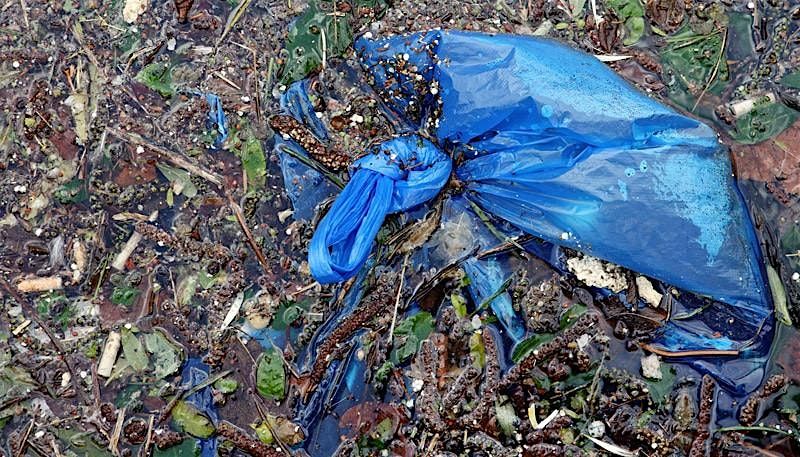
About this Event
Come and listen to visiting academic, Professor Nathalie Gontard, Research Director, Institut National de la Recherche pour l’Agriculture, l‘Alimentation et l'Environnement, France, discuss this pressing issue.
Some key elements to exercise plastic pollution understanding and refocus actions to mitigate it
Plastic is all around us in our daily personal and professional lives. Extremely malleable and inexpensive, this petroleum derivative offers many benefits. It is the third most manufactured material in the world, and production has increased steadily since the 1950s. However, plastic accumulates, breaks down very slowly into micro- and then nanoparticles, and destabilises the environment, posing risks to human and animal health and ecosystems. It creates a plastic footprint that lasts for centuries, even millennia, which is not included in the carbon footprint. The strategies currently being implemented to combat plastic pollution all focus on creating a circular economy for plastics, with recycling of this material at the centre of attention. But the numbers are stubborn: the more a country recycles, the more it consumes virgin plastic and the more it pollutes. How do we explain this paradox? This presentation will attempt to decipher preconceived ideas about plastic, explain the difference between a circular and a spiral economy, what can be a plastic particules footprint and outline the consequences and solutions. - Prof. Nathalie Gontard
This event is brought to you by Ngā Ara Whetū | Centre for Climate, Biodiversity and Society, with thanks to the School of Environment, University of Auckland | Waipapa Taumata Rau.
Please join us for refreshments following the talk.
Image credit: Plastic Bag in waterway, Cate Gillon / Getty Images News / Getty Images / Universal Images GroupRights Managed / For Education Use Only
Event Venue & Nearby Stays
University of Auckland Conference Centre (Building 423) Seminar Room 423-340, 22 Symonds Street, Auckland, New Zealand
NZD 0.00






